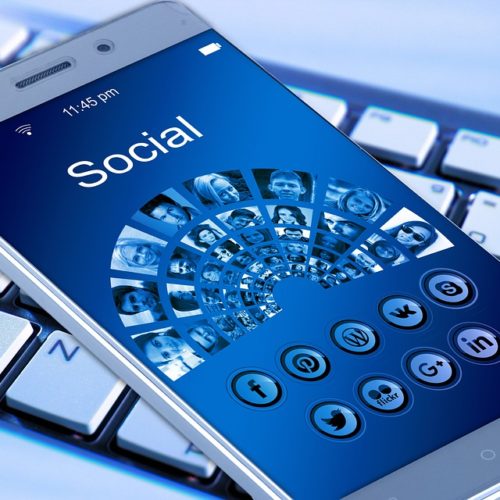rebel Financial is a Registered Investment Advisor that provides retirement planning, estate planning, financial planning, and investment management services to individual and institutional clients. To get a more detailed description of the company, its management, and practices, view our (form ADV, Part2A) and Disclosures.
Fiduciary & Fee-Only Financial Advisors and Planners

 The Antisocial Side of Social Media
The Antisocial Side of Social Media




